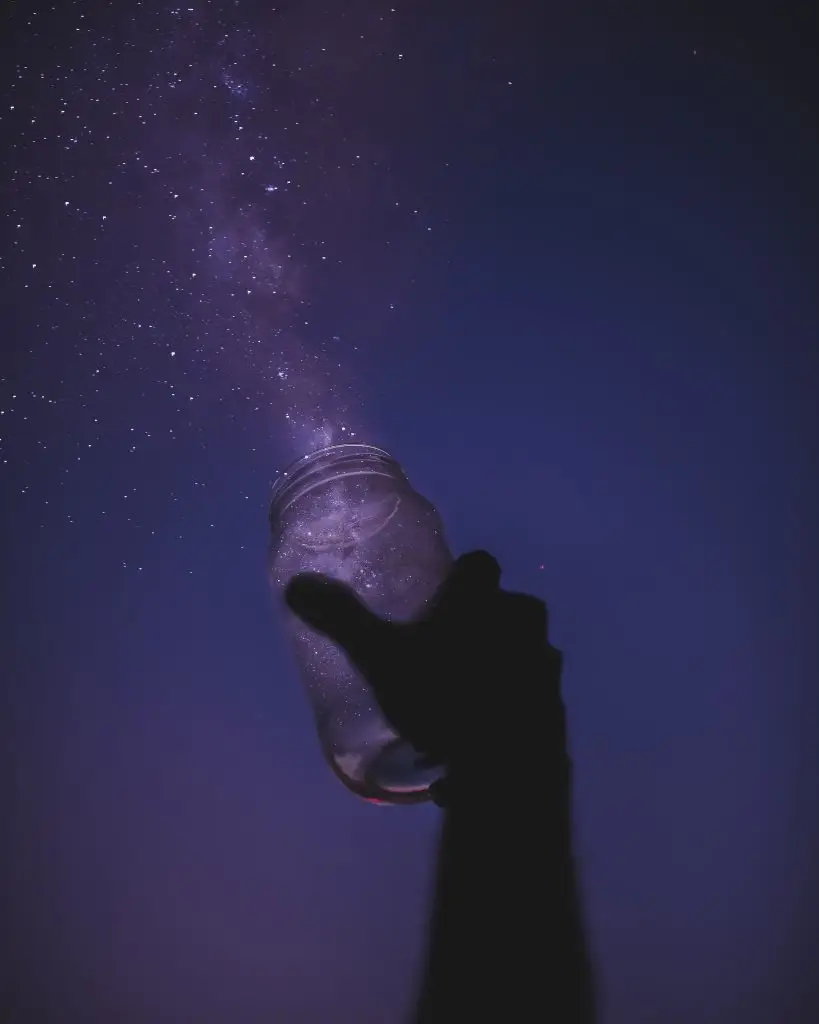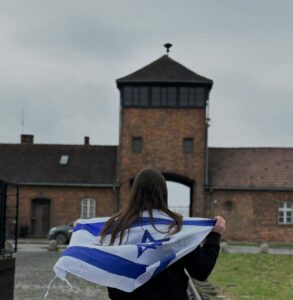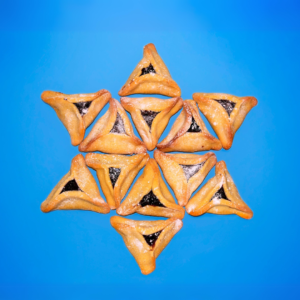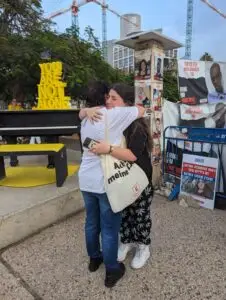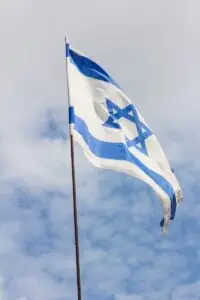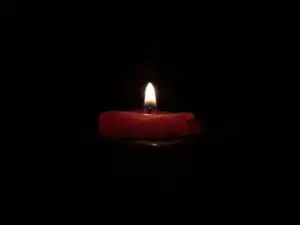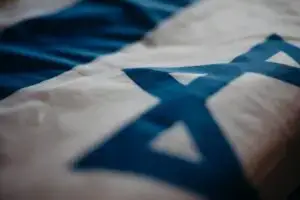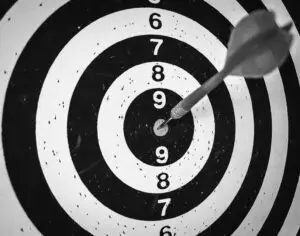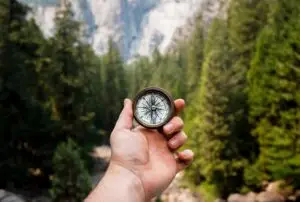By: Romi Morales
In Yom Kippur, Am Israel receives one of the greatest gifts that could be offered to human beings: the opportunity to focus on forgiveness, after making a profound and authentic process of introspection.
This is interesting, because not for all people this means the same thing. There are those who think that forgiving means forgetting, being indifferent, or avoiding thinking about what happened. There are those who consider that forgiving is taking responsibility, while others use forgiveness as a tool of emotional blackmail or as an excuse to victimize themselves eternally. And there are also those who feel that forgiving is to change. While I don’t have a single, “true” answer as to what the ultimate definition is for this concept, I do have my humble interpretation of what can be learned from it in Yom Kippur.
One of the most significant symbols of “Day of Forgiveness” is the Shofar. Shofar comes from the Hebrew word “leshaper” (to improve). We listen to the Shofar, just as we listen to a kind of alarm that calls us and encourages us to think about how we can improve certain aspects of our lives. And for me, forgiveness is related to that: with the quest to improve.
However, in this sense, I believe that there are two major levels on which we can work to achieve this goal: on the individual level, in our inner world; and on the collective level, in the outside world. About this, I would like to talk in this article.
Ask others for forgiveness to improve our inner world.
In Yom Kippur, there is usually much talk about the importance of asking forgiveness from those we have harmed (consciously or unconsciously) over the past year. But the truth is, asking for forgiveness is no easy task. There are those who approach this process, motivated by the fear of being punished in case of not asking for forgiveness “as appropriate”, and while I do not judge the reasons, I do believe that when one asks for forgiveness with the motivation to care for and build a healthier, enriching and more enjoyable bond with those around us, apologies arise more naturally and honestly.
To ask for forgiveness, you need an extremely high level of integrity and an incredibly low or almost zero ego level. It takes high levels of empathy, companionship, and brotherhood. It also takes a great deal of self-criticism and twice the courage to take responsibility for the consequences of our actions. But this is not all. There is even more homework to do.
Forgiving others to improve our inner world.
On Yom Kippur we must also face the great challenge of forgiving. And here, things get a little more interesting, because it is not easy to forgive someone who caused us pain. Because even when we wholeheartedly want to forgive, sometimes we feel that things are not the way they were before. That the situation changed, the bond changed, because we changed, and we are no longer the same. And, to forgive you need humility.
It takes a lot of courage to recognize that no one is perfect and that to err is human. Because after someone has hurt us, it is not easy to trust and open our hearts again. It takes learning. Review what happened and ask ourselves “why did this happen?” “What lessons can I take for my own personal growth?” To truly forgive is not easy, but it is necessary to be able to let go of bitter sensations and feelings that darken our spirit.
Yes. About asking for forgiveness from others and forgiving is often talked about a lot on Yom Kippur, but not so much about this process when it is directed at ourselves.
Asking for forgiveness to improve our inner world.
How many times have we seen ourselves in the situation where we stand in front of the mirror or sit in a quiet place to connect with ourselves and ask for forgiveness for all those attitudes we have had in which we hurt ourselves? How many times do we apologize to ourselves for having exposed ourselves to risky situations? Or for having given up that dream that was almost within our grasp? How many times do we apologize for not having given ourselves the place we deserved and relegating ourselves to the last place, as if this were the natural place that we belong to?
How many times do we apologize for blaming and punishing ourselves for things that we would have been lenient with anyone else? How many times do we apologize for trusting external voices more than our own intuition? How many times do we apologize for not having taken sufficient care of our body, our mind and or our soul? How many times do we apologize to ourselves for having built so many shields, capes and masks so as not to hurt ourselves, that we even forget what is really deep inside?
To do this exercise, we are obliged to sanctify life in general and especially our lives, in the sense that we must give our life the value it deserves and not a little less than that. Every life is valuable and deserves to be lived with dignity and honesty. For this reason, we need to establish a strong connection with the truth, “our” truth. Only then can we give our life the necessary space so that it is not relegated to the eternal plan of being a wonderful illusion. I think Yom Kippur should be an opportunity for this too.
Forgiving ourselves to improve our inner world.
And finally, within this point: to forgive ourselves.
Many times, it happens that, in certain circumstances, we make decisions that, in a given context, seem the most appropriate, but that over time, we begin to understand them as wrong decisions. In the best of cases, we learn, we grow, we advance. In the worst-case scenario, we blame ourselves, we punish ourselves and we get stuck in an endless sea of reproaches.
I think we have to start exercising the process of forgiving ourselves for our mistakes. And for this purpose, you need, first of all, a lot of benevolence, equality and justice.
Because it is not fair that we judge ourselves with cruelty and rigidity when we judge those around us with affection and flexibility. And for this to be possible, we must love ourselves. Self-love, in its proper measure, will be the fundamental element that will allow us to treat ourselves with respect and care, allowing us, on the one hand, to assume our failures without this meaning eliminating any possibility of repairing them and learning to improve.
On the place of the Youth Movement in the process of improving our inner world.
All these virtues and abilities, based on essential ethical values, unfortunately do not always arise spontaneously. These, on the contrary, must be cultivated, educated, and personified over time, with perseverance, and strong conviction. And this is the greatness of the Tnua (Youth Movement), in my view.
I believe that the Tnua is a beautiful platform to be able to acquire tools, experiences and to build opportunities to know, expand and improve our inner world and that of our chanichim and chanichot. At this point, precisely, this task that we have adopted as Tnua is sustained, of contributing to the formation and consolidation of upright human beings.
Because at the end of the day, those who manage to assemble and order their inner world have more energy and motivation to jump to the second level: “repair” the outer world. Based on the values of solidarity, ethics, pioneering, leadership, activism, self-management and continuity, these are the people who tend to analyze and proactively seek where and how they can contribute to improve the environment that surrounds them, be it the kvutza, the Tnua , the family, the community, the society, Am and Medinat Israel and why not, all humanity. This is our educational task and our gift to the next generations, not only on this date, but throughout the year.
And yet, today, a few days after celebrating Yom Kippur, one of the most meaningful festivities we have, it seems important to remember that, on this occasion, our calendar offers us a wonderful opportunity to explore, define, enrich, build and improve our worlds (internal and external) and that it is worth taking advantage of it and not letting it go.
We have the opportunity, we have the tools that we have been receiving in the Tnua. We just need to encourage ourselves to start!
Gmar chatima tova, and may we be inscribed in the Book of Life.

